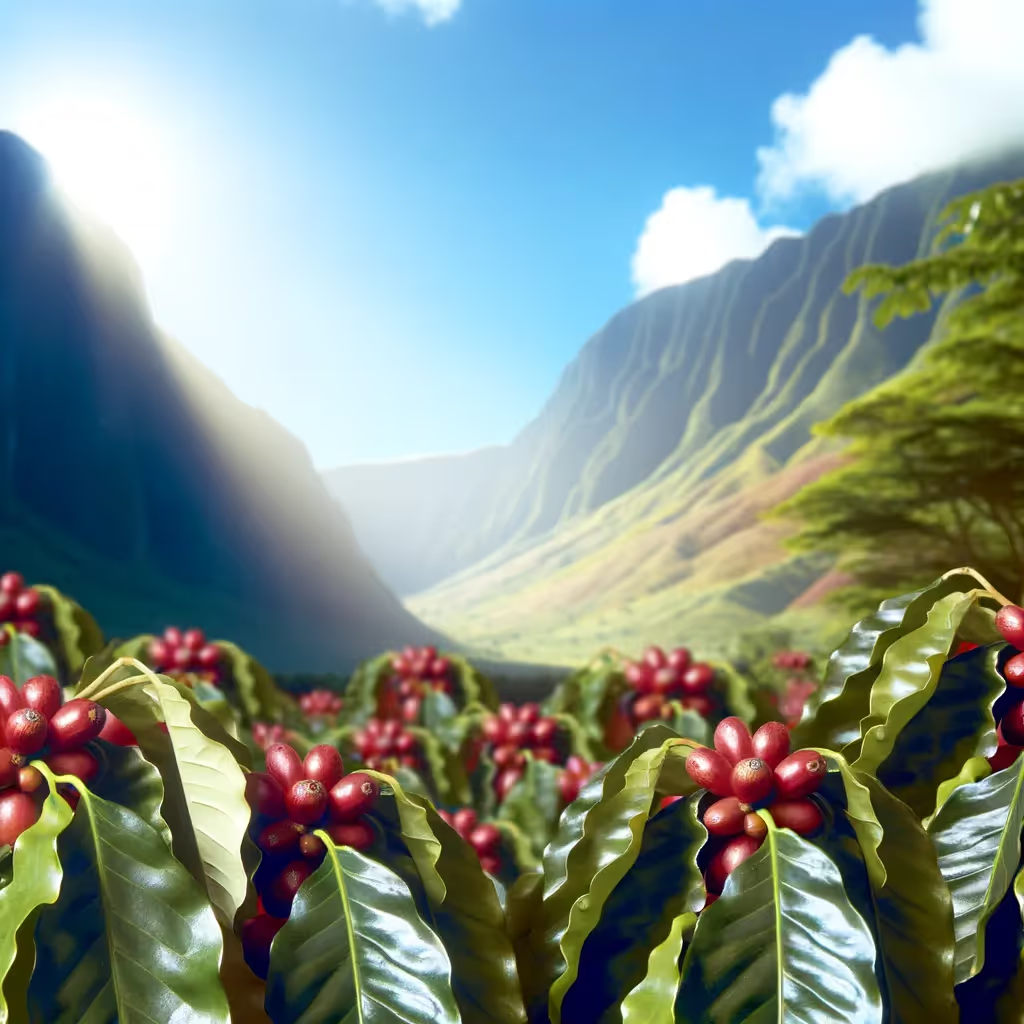Fijian Coffee: Tropical Paradise in Your Cup
Fijian coffee trees often grow alongside kava plants, another important cultural crop used in traditional ceremonies.

Fijian coffee, grown on the lush tropical islands of Fiji, offers a unique and exotic flavor profile. Cultivated primarily on the main island of Viti Levu, these beans thrive in the rich volcanic soil and humid climate. The coffee industry in Fiji is relatively small but growing, with a focus on quality over quantity. Fijian coffee is known for its smooth, well-balanced taste with hints of tropical fruits and subtle spices, reflecting the island's vibrant ecosystem.
History
Coffee was introduced to Fiji in the late 19th century by European settlers, but it remained a minor crop for many years. In the 1980s, the Fijian government began promoting coffee cultivation as part of its agricultural diversification efforts. Despite challenges such as cyclones and limited infrastructure, Fijian coffee has slowly gained recognition in the specialty coffee market. Today, small-scale farmers and a few larger plantations are working to establish Fiji as a unique origin in the coffee world.

Fijian
Local Coffee Customs
Economic Impact
Awards
- Fiji National Agricultural Show - Best Coffee (2019)
Brewing Methods
- Pour-over
- French Press
- Cold Brew
Certifications
- Organic
- Rainforest Alliance
Common Varieties
- Typica
- Catimor
- Catuai
Flavor Profile
- Tropical fruit
- Mild spices
- Chocolate
Popular Brands & Roasters
- Bula Coffee
- Fiji Coffee Company
- Tanna Coffee
Tourism & Culture
Visitors to Fiji can explore coffee farms on Viti Levu, particularly in the highlands near Nausori. Some plantations offer tours and tastings, providing insight into the growing and processing methods unique to Fijian coffee.
Future Outlook
Fijian coffee shows promise as a niche specialty product. With increasing global interest in unique origins and sustainable farming practices, Fiji's coffee industry is poised for growth. Efforts to improve quality and consistency, coupled with the country's strong tourism sector, could help elevate Fijian coffee's profile in the international market.
Roast Recommendations
- Medium
- Medium-Dark
Sustainability Practices
- Shade-grown cultivation
- Organic farming practices
Traditional Preparation Methods
- Latte with coconut milk
- Cold brew with pineapple juice
Typical Harvest Season
Typical Processing Methods
- Washed
- Natural
- Honey




